American Gods
Sunday, June 18th, 2017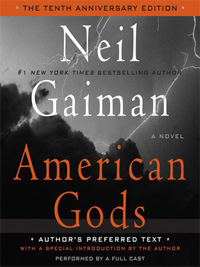 I read Neil Gaiman’s American Gods not too long after it was first published. With all the publicity surrounding the television series — which I haven’t seen yet — it seemed like a good time to revisit it. This time, instead of reading, I listened to the audiobook edition. In summary: Highly Recommended!
I read Neil Gaiman’s American Gods not too long after it was first published. With all the publicity surrounding the television series — which I haven’t seen yet — it seemed like a good time to revisit it. This time, instead of reading, I listened to the audiobook edition. In summary: Highly Recommended!
The audiobook is full cast. Different narrators read different voices, and Neil himself contributes some of the interludes. I advise you not to be in a hurry as you listen to it. It’s a long and complex story populated by many characters. The epilogue — also long — is structured to remind us of those many characters and also serves as a lesson in how to effectively tie off plot threads one by one.
Not a complaint, just a wry observation:
Our protagonist, Shadow, is described as a young man, big and tall, with long dark hair. For me, one of the peculiarities of the audiobook was that Daniel Oreskes, who voices Shadow, sounds a lot like Vin Diesel. Now, Vin Diesel has a fine voice and so does this narrator, so this wasn’t a problem. Still, my identification of that voice with Vin Diesel meant I was visualizing a young Vin Diesel instead of a young man with long dark hair. Oh well.
If you’re looking for a terrific audiobook, you won’t go wrong with this one.








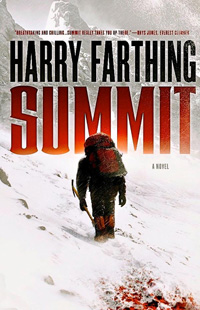
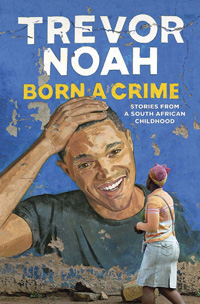 The full title of Trevor Noah’s childhood memoir is Born a Crime: Stories from a South African Childhood. I picked this audiobook because it had been named a best book of the year by several publications, and because the sample I listened to hooked me immediately.
The full title of Trevor Noah’s childhood memoir is Born a Crime: Stories from a South African Childhood. I picked this audiobook because it had been named a best book of the year by several publications, and because the sample I listened to hooked me immediately.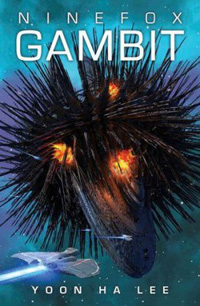 I started, and failed to finish, three or four novels before picking up Yoon Ha Lee’s Ninefox Gambit. If you’re looking for something different, something challenging and endlessly interesting — a puzzle to be figured out — try this one.
I started, and failed to finish, three or four novels before picking up Yoon Ha Lee’s Ninefox Gambit. If you’re looking for something different, something challenging and endlessly interesting — a puzzle to be figured out — try this one.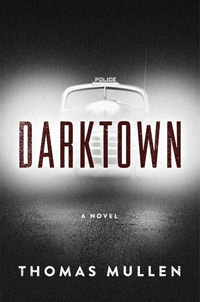 Thomas Mullen is the author of Darktown, a novel set in Atlanta shortly after World War II, in a time when black police officers were first allowed to work in the Atlanta Police Department.
Thomas Mullen is the author of Darktown, a novel set in Atlanta shortly after World War II, in a time when black police officers were first allowed to work in the Atlanta Police Department.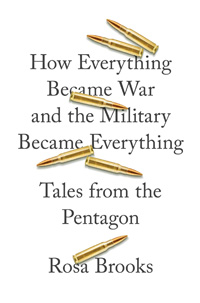 How Everything Became War and the Military Became Everything: Tales From the Pentagon, by Rosa Brooks, is a wide-ranging overview of the present state of the American military, how we got to this point, the effect of recent changes on both our system of government and on the world at large, the implications for the future, and thoughts on how we can do better.
How Everything Became War and the Military Became Everything: Tales From the Pentagon, by Rosa Brooks, is a wide-ranging overview of the present state of the American military, how we got to this point, the effect of recent changes on both our system of government and on the world at large, the implications for the future, and thoughts on how we can do better.